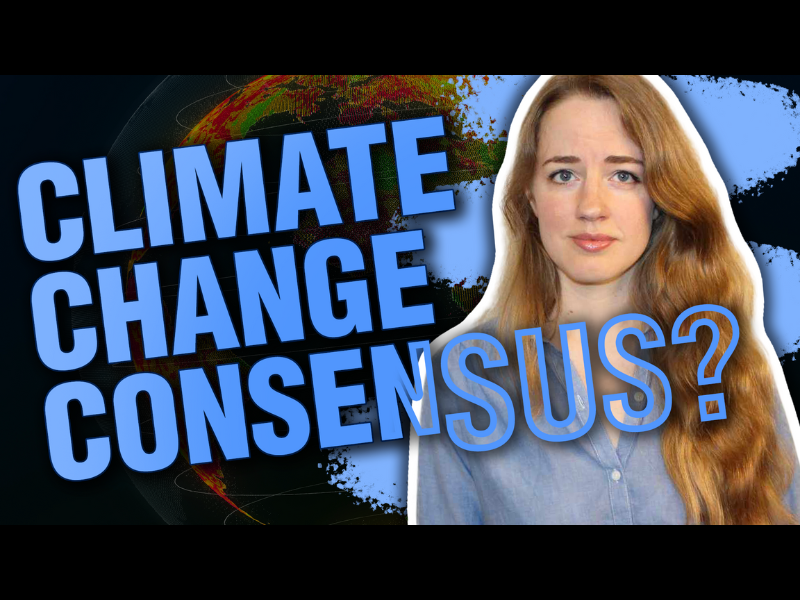The chief investment officer of the University of California (UC) system and the chairman of the UC Board of Regents’ investments committee announced the system’s endowment and its pension fund are going “fossil-free.”
The two officers, Jagdeep Singh Bachher and Richard Sherman, said UC’s system has already begun eliminating fossil-fuel investments from its $13.7 billion endowment fund and its $70 billion pension fund currently serving 320,000 employees, retirees, and students.
“We believe hanging on to fossil fuel assets is a financial risk,” Bachher and Sherman wrote in a Los Angeles Times op-ed announcing the decision.
UC’s September decision to divest is in stark contrast to the decision by the board of the California Public Employees’ Retirement System (CalPERS), the nation’s largest state-based pension fund. In April 2017, the CalPERS board chose not to give in to pressure to divest holdings in fossil fuel-related businesses. Instead, the board voted unanimously to make it much more difficult to divest from companies producing fossil fuels and the banks that do business with them.
Much-Lower Investment Returns
Research shows pension funds that remove fossil fuel-related investments from their portfolios have lower returns, harming investors and retirees.
A study by Compass Lexecon compared the performance of diversified stock portfolios and endowments holding the stocks and bonds of companies in the fossil fuel industry to funds lacking any fossil fuel investments over a 50-year retrospective sample period. It found “an optimal equity portfolio including fossil fuel stocks outperforms a portfolio of equal risk that is divested of energy stocks by an average of 0.5 percent per year.” As a result, divested portfolios had a 23 percent lower value than diversified portfolios including fossil fuel-related companies over the 50-year period, amounting to trillions of dollars in foregone gains.
Diversity is key to good returns in an investment portfolio, and fossil fuel stocks are a hedge against economic ups and downs, says Todd Kendall, a Compass Lexecon executive vice president and coauthor of the study.
“When oil prices are high, it tends to be bad for companies that use a lot of energy, and when energy prices are low, it tends to be good for most segments of the economy, but the opposite is true for oil and gas companies, so the reason you hold both of them is one is a hedge against the other,” Kendall said. “If you are divesting, you are giving up the diversification benefit, which is one of the most important lessons of composing a portfolio everybody learns in any reasonable investment book: Lesson one is to diversify.”
Public Versus Private Choices
The vast majority of the public employee pension funds and universities contemplating fossil fuel divestment have decided the supposed benefits do not outweigh the costs in terms of returns, says Kendall.
“For individuals who don’t like fossil fuel companies for whatever reason, if they want to take them out of their portfolio to express their opinion on fossil fuels, if they are willing to take the risk of losses and the costs that come with divesting, that’s one thing,” said Kendall. “But when you’re talking about public pension funds where you’re in charge of a bunch of other people’s money, you typically have fiduciary duties and you have to think hard about the obvious cost of losing diversification. It is hard for me to imagine this calculation makes sense for a public entity like the University of California system.
“Over the past five years, a lot of colleges have considered divesting from fossil fuels, and most university trustees decided not to do it because, however good it may sound in the press, the costs are high,” Kendall said. “It’s not costless to buy and sell stocks, and it would be exceedingly difficult and costly to break up all the mutual funds institutional investors own and pay all those fees which add up. As a result, Harvard and most of the big universities that have looked at the pros and cons of divestment have rejected it.”
Kenneth Artz ([email protected]) writes from Dallas, Texas
Internet Info
Daniel R. Fischel, Christopher R. Fiore, and Todd D. Kendall, “Fossil Fuel Divestment and Public Pension Funds,” Compass Lexecon, June 7, 2017: https://heartland.org/publications-resources/publications/fossil-fuel-divestment-and-public-pension-funds





